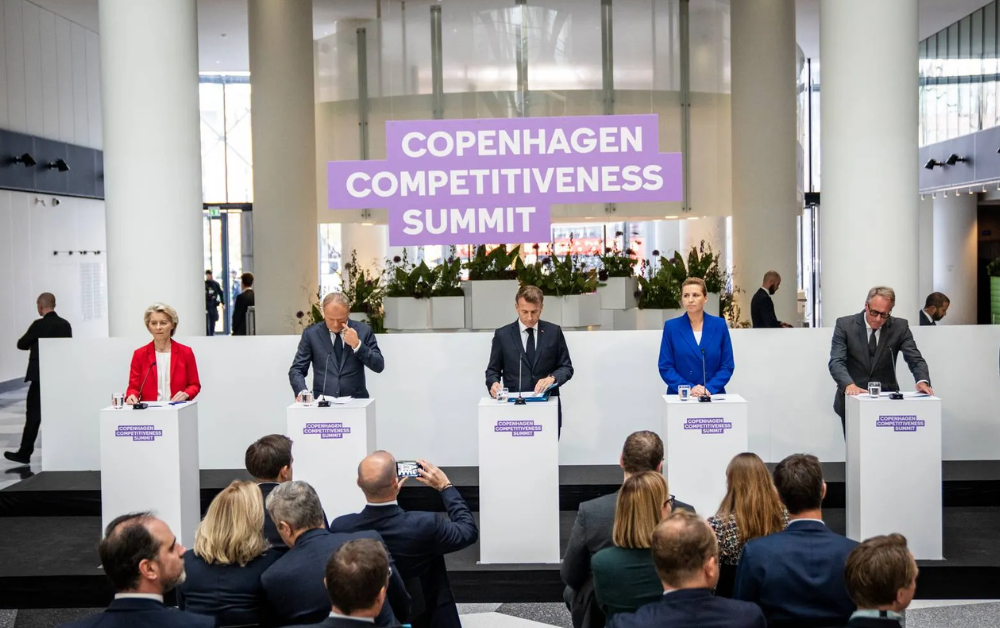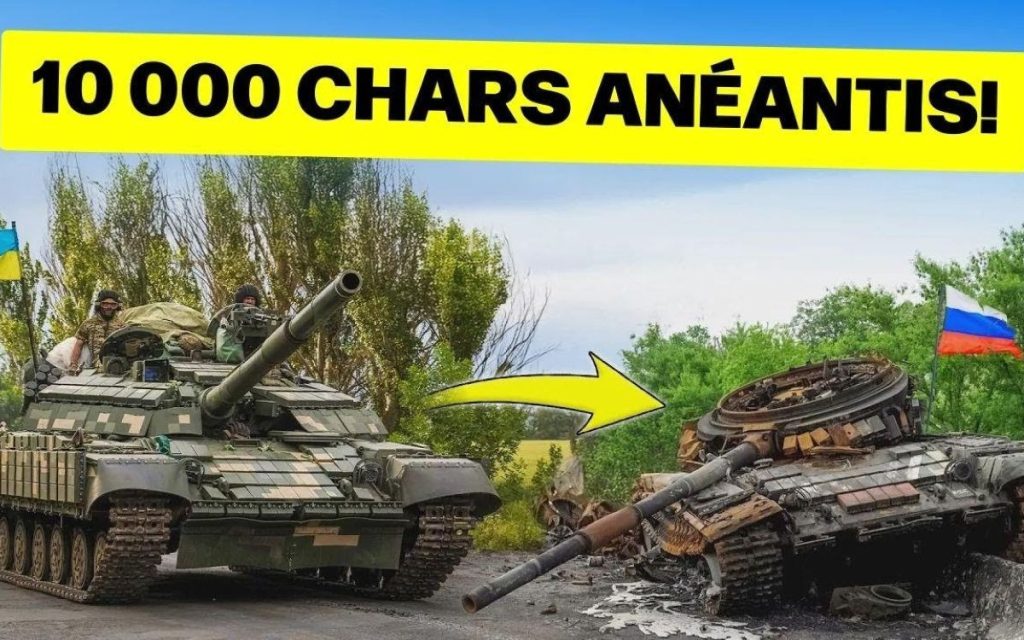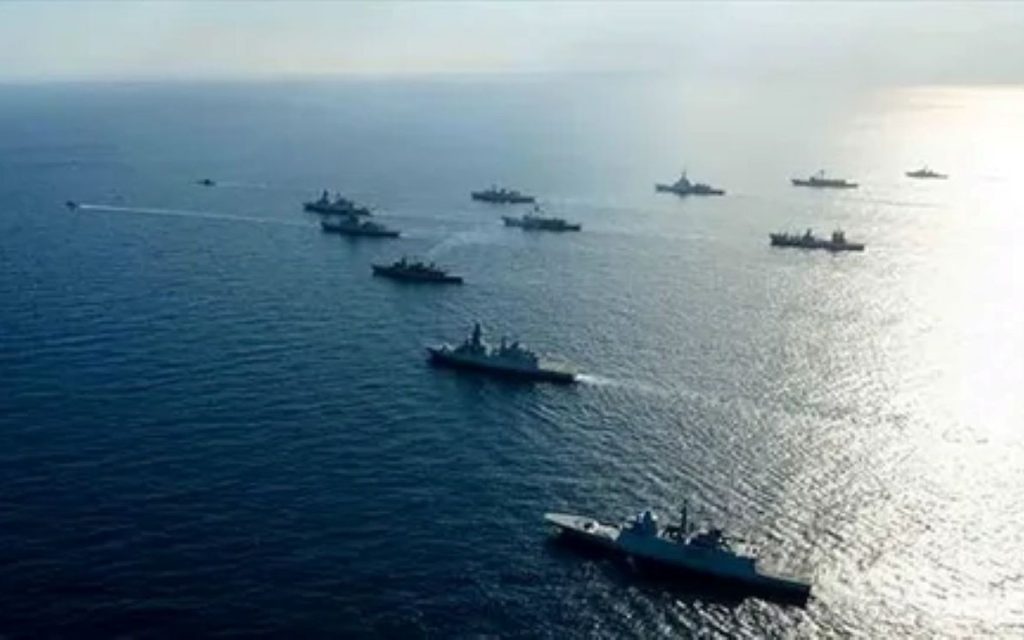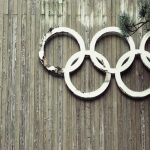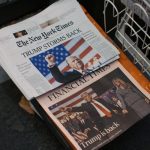The informal summit of European leaders in Copenhagen did not produce major decisions, but it clearly showed the direction the Union is trying to move in.
Defense: More Space for Ministers
One of the most tangible outcomes was the recognition of a stronger role for defense ministers, who until now had been confined to the Foreign Affairs Council. The idea, promoted by European Council President António Costa, is to make them central players even when heads of state and government are not meeting. This means giving political and operational continuity to a sector that has become increasingly important in European politics.
Not surprisingly, the debate on defense lasted much longer than expected. Among the proposals discussed was the so-called “drone wall,” a European network for surveillance and protection against unmanned aerial vehicles. The project is of interest to many countries, but the question of who should manage it remains open: the Commission or national governments? France and Germany have already voiced skepticism about an overly centralized coordination, while southern countries want to expand the concept to include the protection of land and maritime borders.
Ukraine: Orban’s Resistance
The issue of Ukraine’s enlargement reignited already well-known tensions. Viktor Orban stated clearly that Budapest will never accept opening accession negotiations by qualified majority. For Hungary, Kiev’s accession is not on the table: at most, a strategic partnership can be considered. Costa’s proposal to change the rules by removing the national veto failed to convince France, the Netherlands, and Greece as well. On this front, European unity remains elusive.
The Question of Frozen Russian Assets
Another unresolved issue concerns the Russian funds frozen in Europe. The Commission wants to use the interest accrued to guarantee a €140 billion loan to Ukraine. But Belgium held back, demanding legal assurances. Even Ursula von der Leyen, who tried to reassure leaders by stressing that this is not an expropriation, failed to overcome the resistance. In the end, no decision was made.
A Suspended Union
The Copenhagen summit gave the impression of a Europe caught between ambition and the handbrake. On the one hand, there is the will to strengthen common defense and make European action more rapid. On the other, cross-vetoes and national calculations continue to block the most sensitive dossiers, from enlargement to Ukraine to the use of Russian resources. The concrete fear is that the “weapons” the EU now wants to use against Russia could one day, in the not-too-distant future, be turned against the West itself.
Now the spotlight shifts to the next European Council, scheduled for the end of the month. Costa has called it “decisive.” But what was seen in Copenhagen shows once again that Europe finds it easier to talk about unity than to put it into practice.

